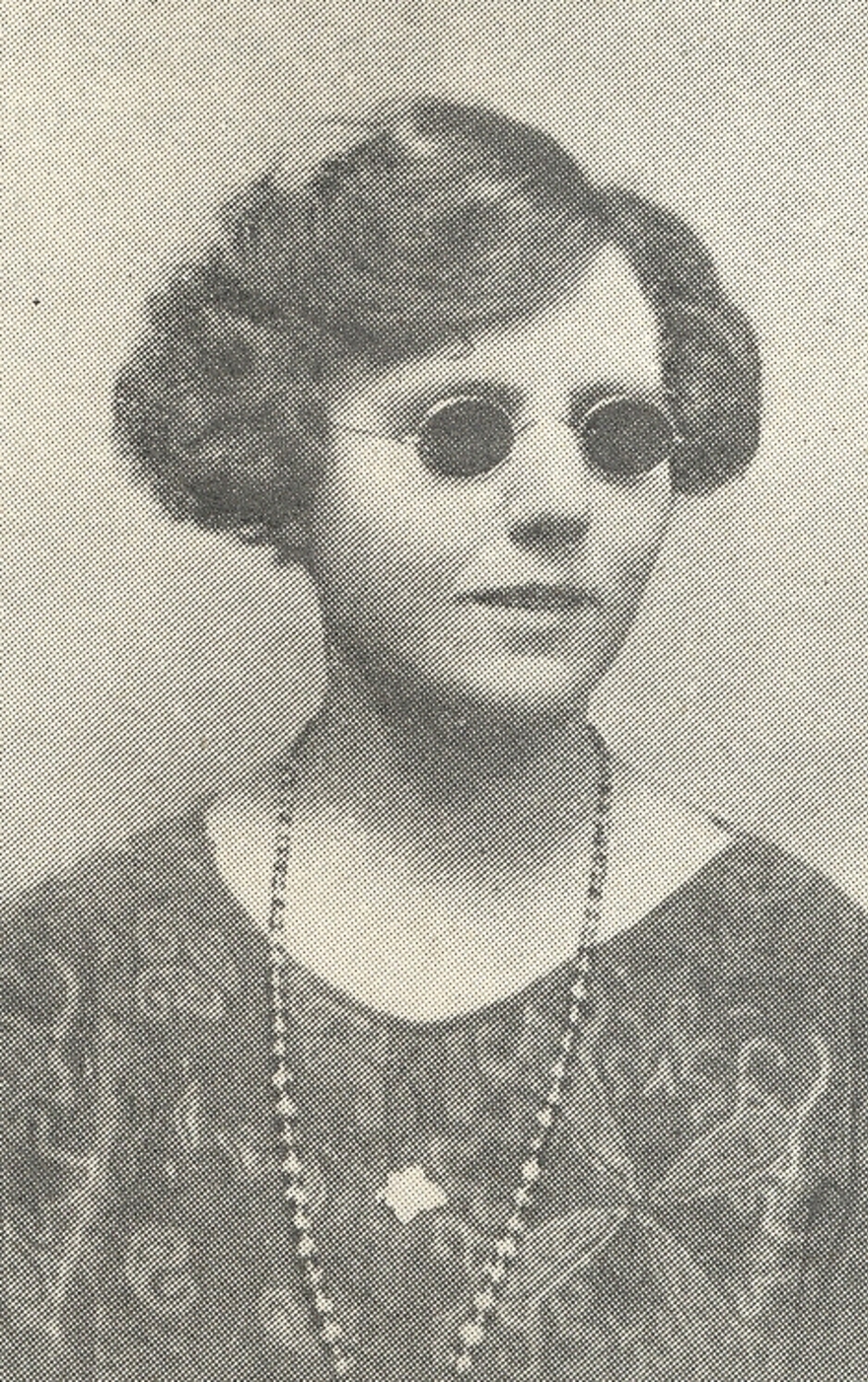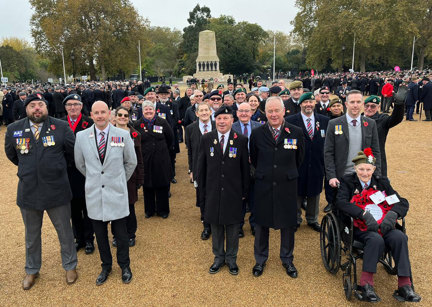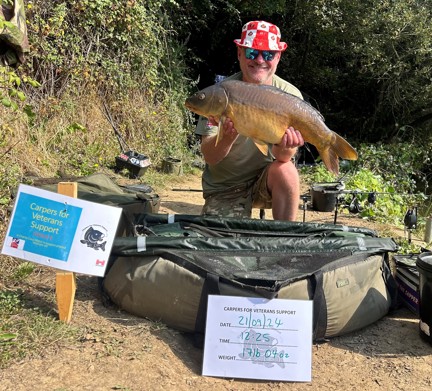The story of our first female blind veterans
Blind Veterans UK received our first female blind veterans in 1915 following the increasingly frequent accidents that occurred in WWI munitions factories.
During the First World War the Government requisitioned and constructed purpose-built factories manufacturing military resources. These factories played a significant role in the war effort, especially after the 1915 ‘Shell Scandal’ where a shortage of artillery shell on the front lines caused a political crisis. There were over 200 national munitions factories which supplied innumerable quantities of weaponry, ammunition and explosives directly to the front lines.
With many men joining the front lines, the Home Front brought about a massive change in the role of women. Factory workers now mainly consisted of women and those men medically unfit for battle.
In dealing with the volatile explosives and munitions many factory workers were injured and some blinded. This resulted in the charity receiving its first female blind veterans. One such woman was Agnes “Peggy” Mary Peters.

Peggy won an OBE for her heroism and courage in volunteering for the chemical room at the Royal Arsenal, Woolwich despite her predecessor dying in the post. It was there in December 1917 that 18 year old Peggy was blinded. She was leaning over a tray of liquid chemicals when an explosion occurred and Peggy woke up in hospital severely burned, in agonising pain and blinded for life.

Returning afterwards to her home in Brighton, Peggy won a scholarship to the Royal Normal College for the Blind although ill-health meant that she was unable to complete her studies there. She spent time at our centre in Brighton where she learnt how to make shopping bags and wool rugs. Peggy also went on to marry a fellow blind veteran Albert Clewlow.
Another female munitions worker, Blodwyn Simon, was also blinded by an explosion this time in one occurring at the Ordnance Works in Coventry in June 1918, when she was only 19. Blodwyn came to our Brighton centre just after Peggy after initial training at Henshaw’s Institution for the Blind in Manchester, where she learned braille and basket-making.
Blodwyn worked at producing baskets and knitwear and a report in our magazine, the Review, made a point of drawing attention to her “splendidly knitted socks”. They were described as “perfectly made and wear wonderfully” and could be purchased from her for two shillings and sixpence (12½p in today’s money).
More news
Remembrance 2024: Honouring their legacy
15 Oct 2024

Carp fishing competition raises over £3,000
26 Sept 2024

Sign up for email updates
We would love to send you updates about our work and how you can support us.
You can change your contact preferences at any time by calling us on 0300 111 2233 or emailing us. See our privacy policy for more details.
